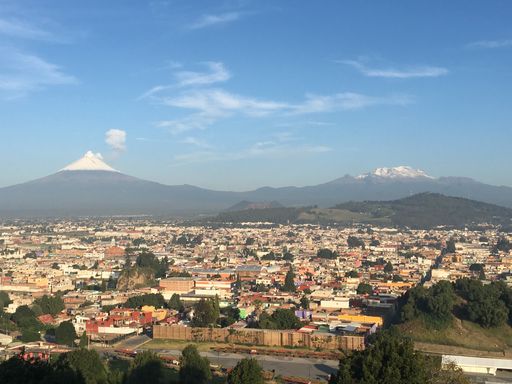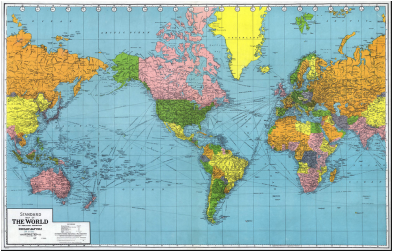Dr. LaFevor began his career teaching ESL, computer software, Spanish, English Literature, and natural science courses. Later, at the University of Texas he designed and taught Conservation 306C, which drew heavily on the history of environmental thinking in the United States. At the University of Maryland he co-designed and taught Socio-Environmental Synthesis and Sustainability Research, a graduate level course focused on the integration of social and natural sciences. Now, he teaches much of the course as Environment and Society at the University of Alabama (GY453/553). In 2021 he was awarded the College of Arts & Sciences' Distinguished Teaching Fellowship.
GY500: Geographical Research Methods & Traditions
This course focuses on research traditions and methods in the formal study of Geography. The first half of the course examines the rich, global history of the field, situating geography within the history of thought and experience. The second half focuses on American geographical traditions, research methods, and contemporary issues. Here, students examine diverse geographical approaches, ontologies, epistemologies, and formats, defining each in relation to the spaces and places of human-environment interaction. The course also examines current research and publication strategies, and continuing careers. The course is designed for graduate students.
|
GY445: Agriculture: Environment and DevelopmentThis course examines how people creatively use the biophysical environment to grow domesticated plants (crops). Here we focus on farming techniques and agricultural systems that are less dependent on fossil fuels, chemical fertilizers, and other external inputs. Often, these systems develop indigenously and are more environmentally sustainable than conventional systems. The course is designed for students interested in the spatial and environmental complexities of how people produce food in times past and present. It is offered at both undergraduate and graduate levels.
|
GY453/553: Environment and Society
This course examines social and environmental components of “wicked” problems, which are problems that seldom have straightforward solutions. Students are introduced to the theory and practice of socio-environmental synthesis (SES) as a tool for making environmental policy and management decisions. Because social problems often have environmental components, and environmental problems often have social components, a synthetic, cross-disciplinary approach to problem solving is critical. The course is designed to bring together students from across the social and natural sciences to work on problems that affect us all. It is designed for both undergraduate and graduate students.
|
GY345: Geography of Latin AmericaThis course introduces students to landscapes south of the United States. At regional and sub-regional scales, these landscapes are examined for their: 1) biophysical (natural) characteristics, 2) social characteristics, and 3) integrated, human-environment characteristics. The course is designed for undergraduate students curious about the lands and people that make up the dynamic human-environment landscapes of Latin America.
|
GY105: World Regional Geography
This course takes students on a journey around the world, region by region, exploring how humans interact with the surface of the earth and with each other. Students learn about the conceptual frameworks and organizing principles of the field of Geography. This includes the concepts of space and place, location, cartographic representation, distance, human and biophysical expression, movement, and scale. We also touch upon the social, political, economic, and cultural aspects of geographic regions, which are constantly in flux. Though an imperfect framework, regional geography helps us organize the relationships between people and the biophysical world into a more coherent, manageable whole. This is critical for understanding global issues. The course is designed for undergraduates.
|




